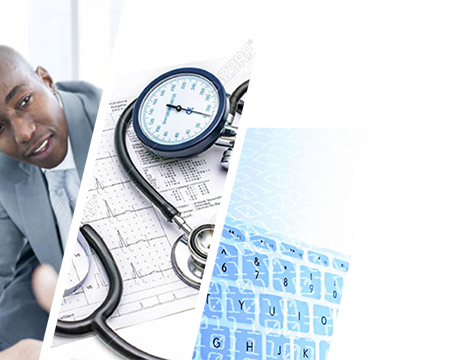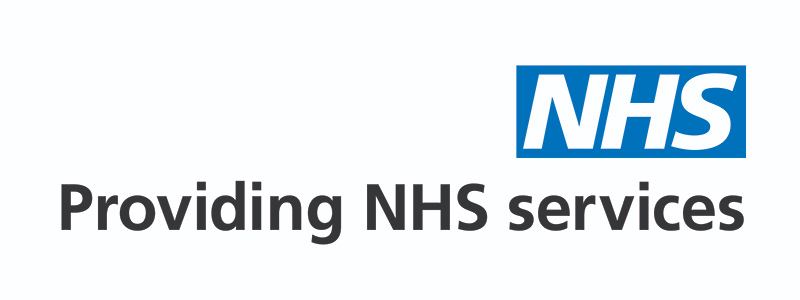

Medical Emergencies dial 999
Out of Hours: dial 111


Medical Emergencies dial 999
Out of Hours: dial 111
Back and neck pain can arise from various causes and can affect your quality of life significantly. Here's an overview of common causes, symptoms, and treatment options for back and neck pain
Back Pain
Neck Pain
It's important to consult with a healthcare professional for a proper diagnosis and treatment plan tailored to your specific condition.